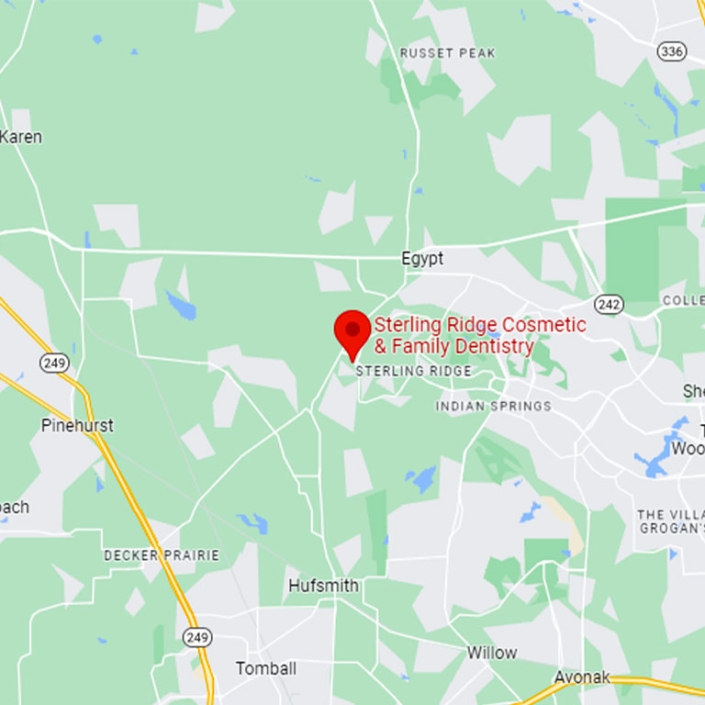Signs That Your Child Isn’t Sleeping Well
As parents we tend to work hard at our jobs and raising our kids and once it’s bedtime, lights out! Many parents don’t stay up to observe their child sleeping, as they need rest too, and may not realize how poorly their child is sleeping. Look for these signs in your child:
Snoring
Many of us as parents have heard our child snoring and thought nothing of it, or maybe that it’s kind of cute. However, snoring is a sign of airway resistance. The body is working harder to bring in good air to oxygenate the rest of our body. Snoring prevents the same deep restorative sleep that nonsnorers experience. Therefore, lower production of growth hormone, less memory consolidation, and increased difficulty waking up in the morning.
Dark Circles Under the Eyes
Venous pooling is a sign of a sleepy kid. The lack of sleep causes the blood vessels under the eyes to dilate and look darker.
Hyperactivity or Difficulty Paying Attention in School
When adults don’t get a good night of sleep they are tired, but children have a paradoxical response and tend to be more hyperactive. They have trouble focusing in school, behaving for teachers and parents, and may be hyperactive. They may be prematurely diagnosed with ADHD and treated with medications, when better sleep is the best treatment.
Nocturnal Enuresis
Bedwetting is related to smooth muscle contractions that are regulated through nasal breathing. Nitric Oxide is produced through nasal breathing and is responsible for smooth muscle contraction. Pediatric sleep apnea can also contribute to bedwetting.
Mouth Open at Rest
If your child tends to watch tv or do homework with their mouth hanging open, this is a sign of an airway problem and may also be a sign of poor sleep quality. The nose is for breathing and the mouth is for eating. If your child cannot breathe through their nose, a exam by and ENT is strongly encouraged. If they can breath through their nose but choose their mouth, they may need help from the dentist. We can teach techniques and help with habit changing adjuncts.
Sleep disordered breathing in children can lead to an underdeveloped adolescent/teen that may experience more mood swings, poor academic and athletic performance. A thorough interview and examination at the dentist can help you to determine if your child is experiencing any of these symptoms and intervention to help your child flourish. Call us if you would like to discuss any of these topics further. 281-298-2503


Leave a Reply
Want to join the discussion?Feel free to contribute!